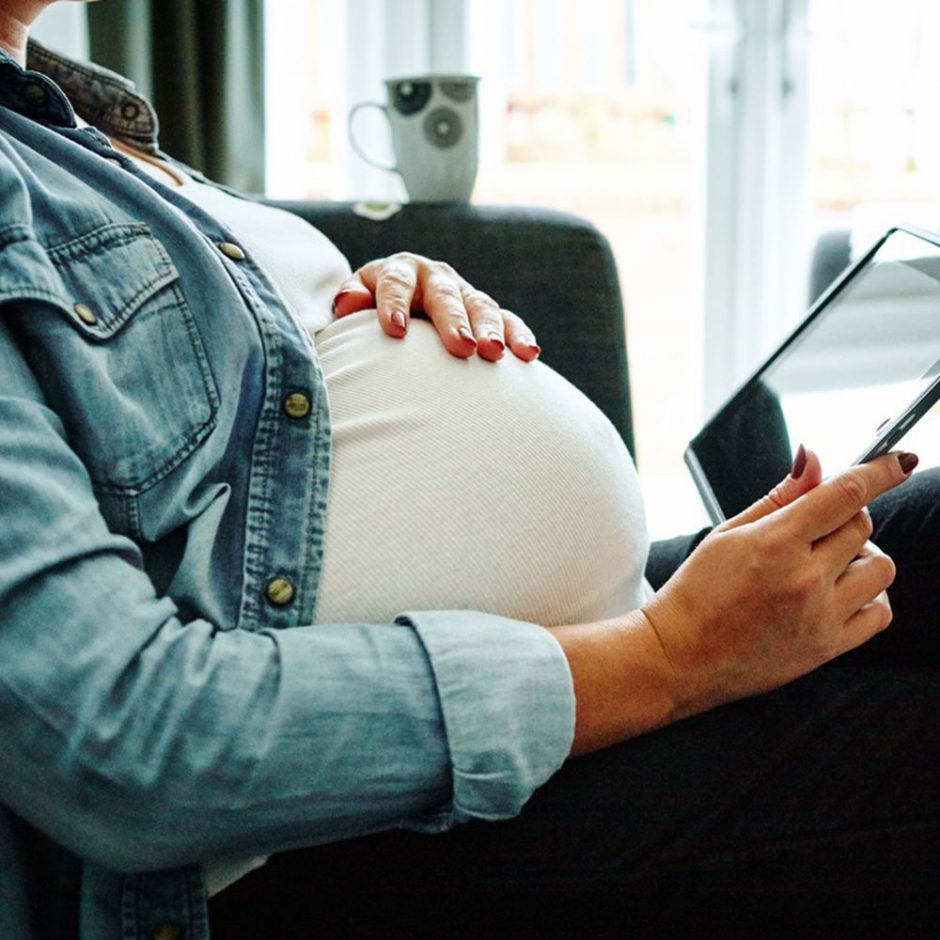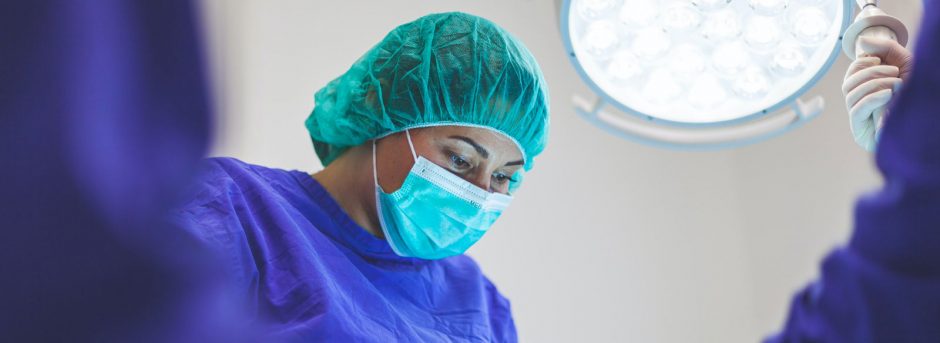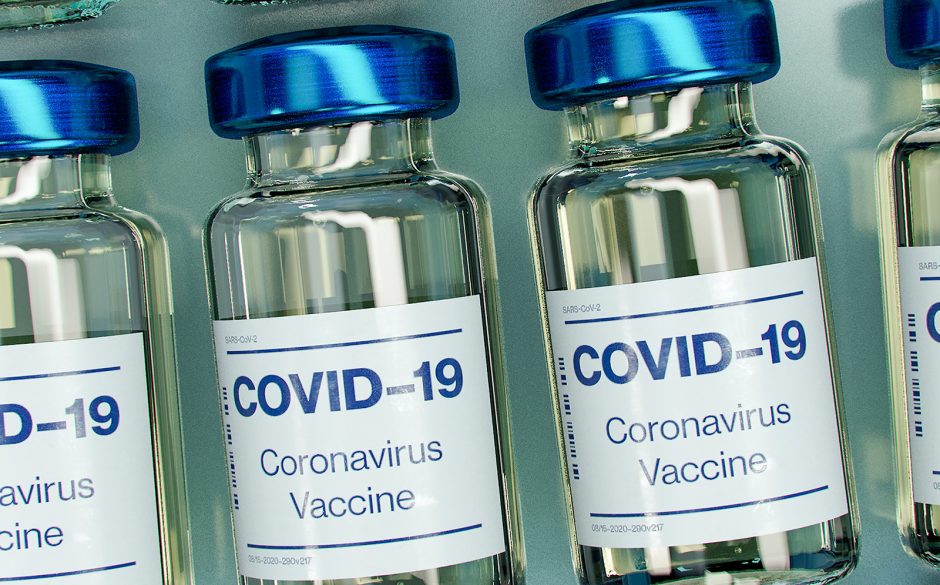Population Health
With a central focus on patient-centred care and innovative solutions, UBC researchers are committed to improving the health of our communities and access to care – both nationally and globally.
Together with our partners, our researchers are breaking down barriers to care and exploring further treatment and preventative initiatives in areas such as HIV/AIDS, HPV and addictions.
Spotlight

The study estimates the contribution of major sources of air pollution for 204 countries

Dr. John Pawlovich appointed the next Rural Doctors’ UBC Chair in Rural Health

The software is now being implemented in nine Lower Mainland hospitals, with more sites to come.

Nearly 30 per cent of those polled are hesitant to get vaccinated.

UBC researchers have created a new interactive online program to support people who have had a previous C-section make better-informed decisions about navigating their next pregnancy and birth.

Dr. Deborah Money shares why this research is critical and how pregnant and breastfeeding women can get involved.

The researchers looked at nearly 30 studies that compared surgical outcomes across a range of procedures.

The results indicate a need for more caution among drivers taking medications, and specific advice from physicians who prescribe them.

The findings raise questions about the optimal timing of the second dose of vaccine for older adults.

Findings from a new UBC study show a 71 per cent increase in self-reported cannabis use among women who were about to conceive.









